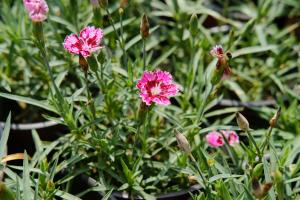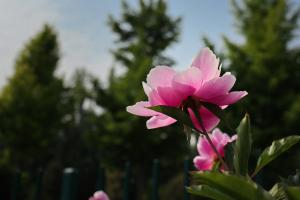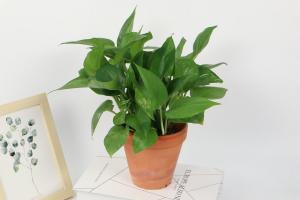Can you use laundry water on plants?
When it comes to water conservation, many people are looking for ways to reduce their water usage. One of the ways to do this is by reusing water that would otherwise be wasted. One potential source of water is laundry water, also known as greywater. Greywater is wastewater from sources other than toilets, such as sinks, showers, and washing machines. But can you use laundry water on plants? Let’s investigate.
What is laundry water?
Laundry water is the water that is used to wash clothes in a washing machine. This water usually contains small amounts of detergent, fabric softeners, and dirt. In most cases, the laundry water is drained into a septic system or a municipal wastewater treatment plant where it is treated before being released back into the environment. However, it is possible to reuse this water for other purposes, such as watering plants.
Is laundry water safe for plants?
Whether laundry water is safe for plants depends on several factors, including the type of detergent used, the concentration of the detergent, and the pH level of the water. Some detergents and fabric softeners contain chemicals that can be harmful to plants, so it is essential to use a product that is plant-friendly. Additionally, the concentration of detergent in the water should be relatively low. If the laundry water is too concentrated, it can harm the plants. Finally, the pH level of the water should be tested to ensure that it is suitable for the type of plants that will be receiving the water.
How to use laundry water on plants
If you decide to use laundry water on your plants, there are several steps you can take to ensure that the water is safe and effective for the plants. First, use a plant-friendly detergent or fabric softener. Look for products that are free of chemicals that can harm plants. Second, dilute the laundry water before using it on plants. A good rule of thumb is to use one part laundry water to nine parts clean water. This ratio should reduce the concentration of the detergent to a safe level. Third, test the pH level of the water to ensure that it is within the proper range for the plants. Most plants prefer slightly acidic soil with a pH between 6.0 and 7.0. If the laundry water is too alkaline or acidic, you may need to adjust the pH level by adding baking soda or vinegar.
Benefits of using laundry water on plants
Using laundry water on plants can have several benefits, including water conservation and nutrient enrichment. By reusing water that would otherwise be wasted, you can reduce your water usage and save money on your water bill. Additionally, laundry water can contain nutrients that are beneficial for plants, such as phosphorus and nitrogen. These nutrients can help to promote healthy growth and improve the overall health of your plants.
Conclusion
In conclusion, using laundry water on plants can be a sustainable and effective way to conserve water and promote healthy plant growth. However, it is essential to use a plant-friendly detergent, dilute the water, and test the pH level before using it on plants. By taking these steps, you can ensure that the laundry water is safe and effective for your plants, and you can help to conserve water and reduce your environmental impact.

 how many times do yo...
how many times do yo... how many planted tre...
how many planted tre... how many pine trees ...
how many pine trees ... how many pecan trees...
how many pecan trees... how many plants comp...
how many plants comp... how many plants can ...
how many plants can ... how many plants and ...
how many plants and ... how many pepper plan...
how many pepper plan...
































